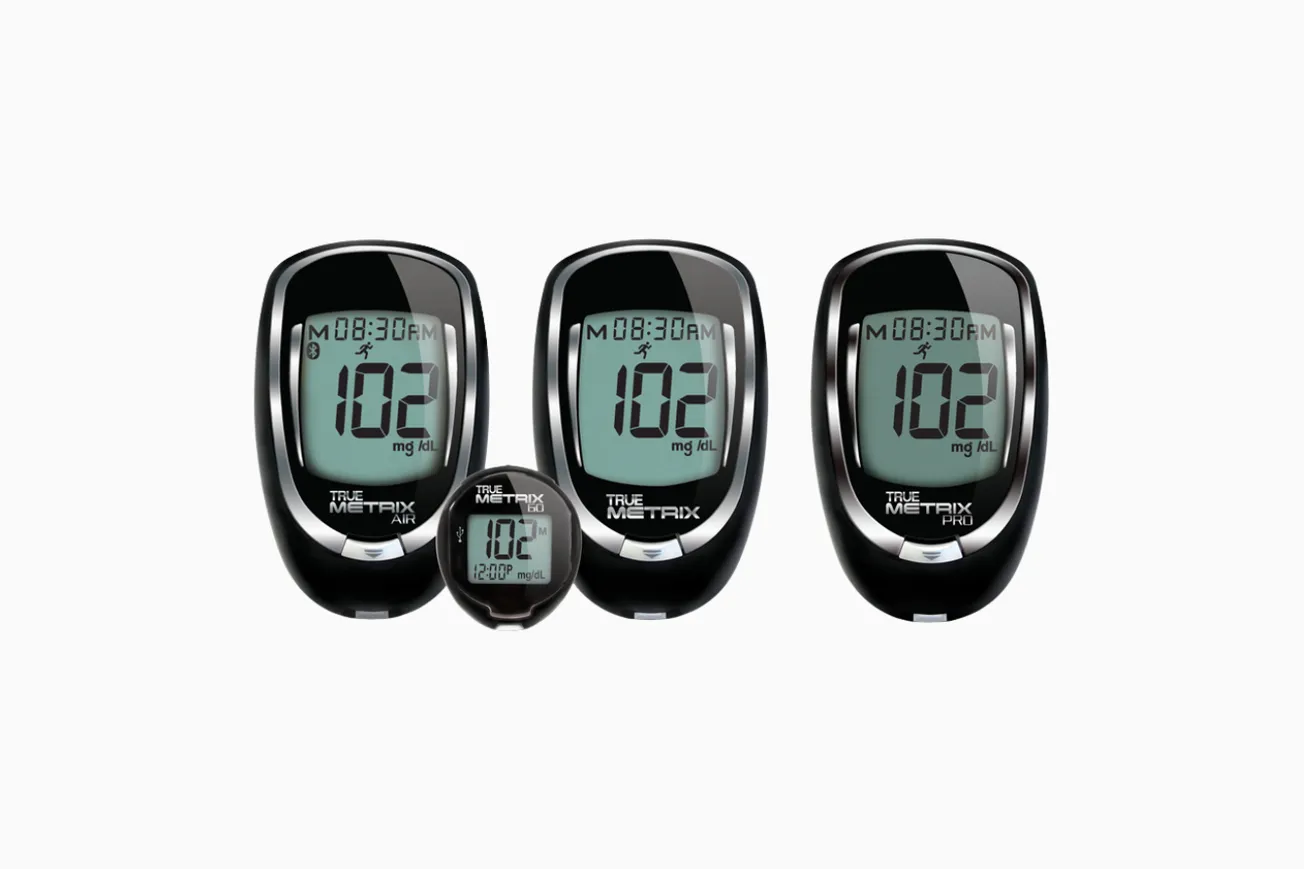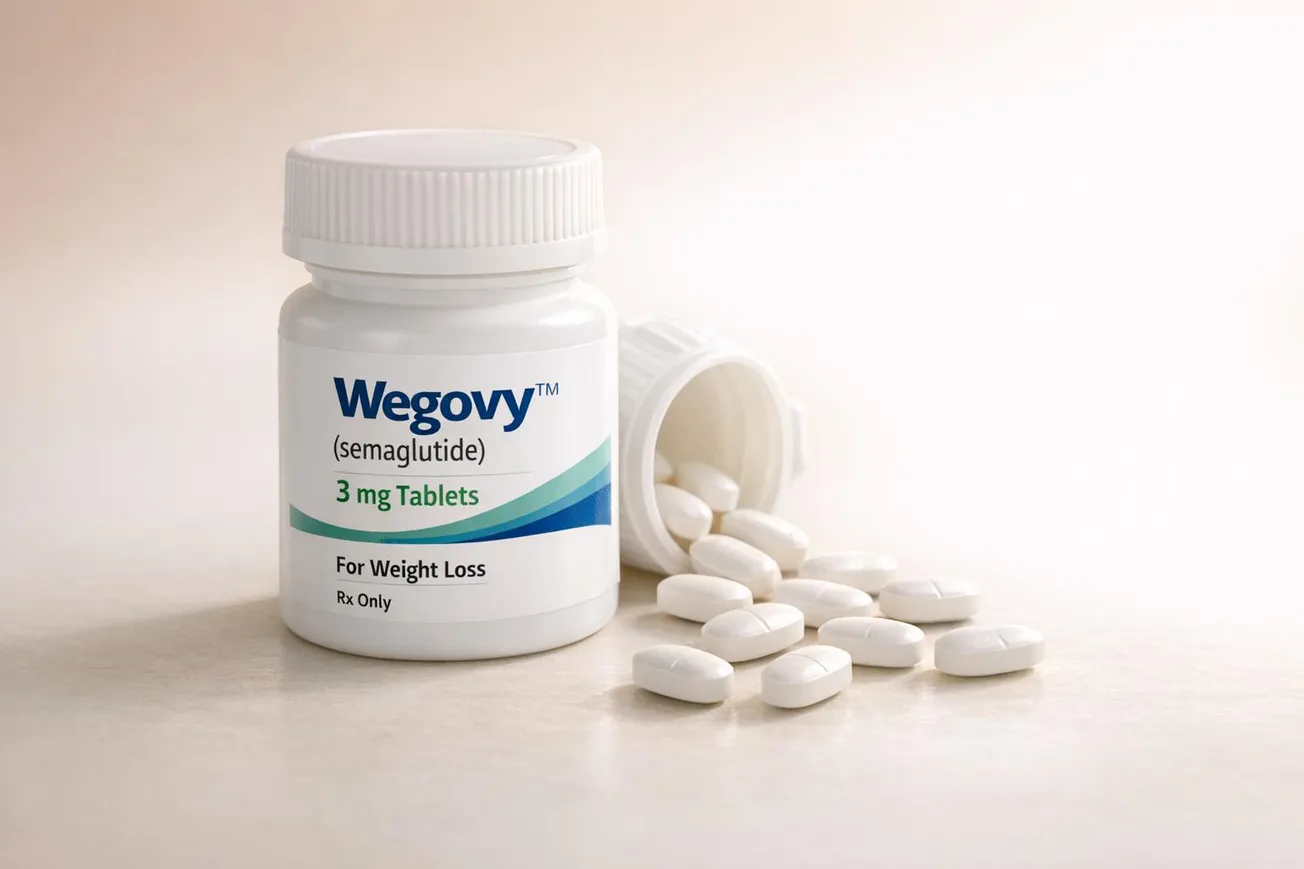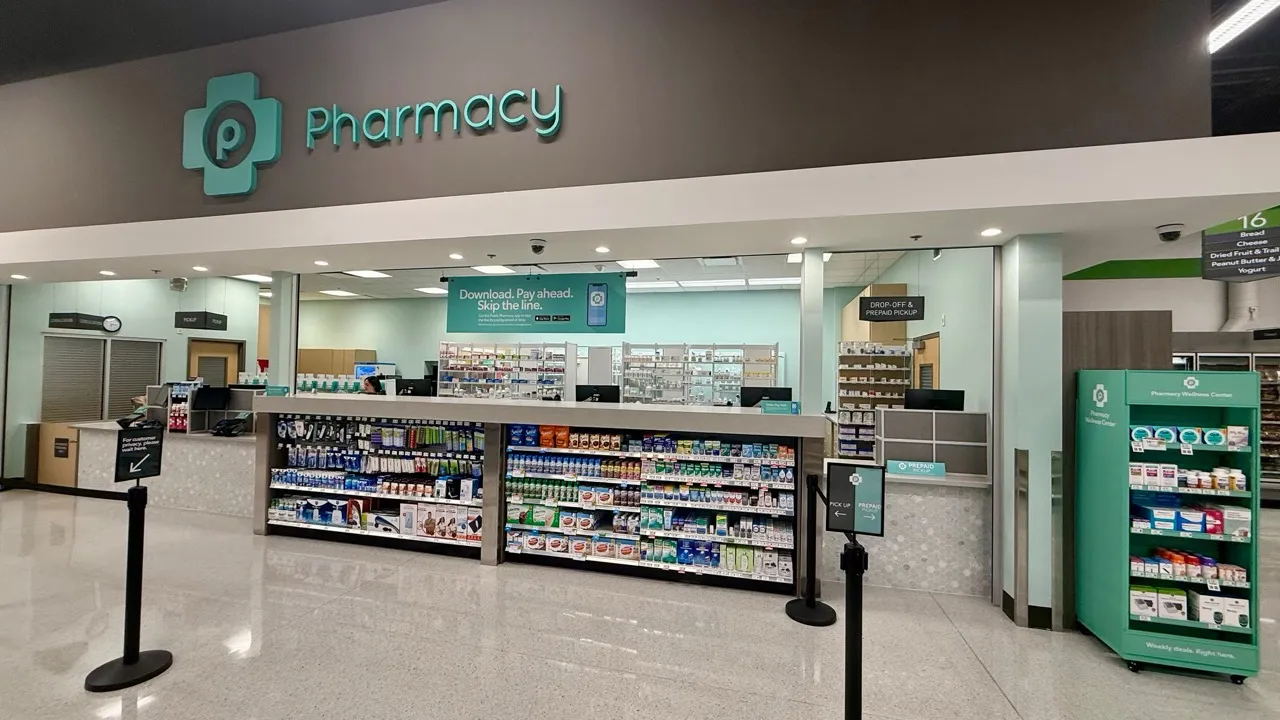As we look toward 2023 and a sense of normalcy that has eluded us for the past few years, there are several big things on the horizon to keep an eye on in pharmacy, medication use and high-quality, value-based care.

Micha Cost
PQA, the Pharmacy Quality Alliance, is dedicated to improving safe, effective and appropriate medication use and addressing issues that impact a person’s ability to access and use medications. Through quality measurement, research and education, PQA’s consensus-driven initiatives help improve health care outcomes and lower costs.
With a newly adopted strategic plan, Blueprint PQA 2025, our organization has sharpened our focus around several priority areas and will continue to deepen our work in these areas in the coming years. These strategic priorities, established through intentional engagement and guidance from our members, board and team, demonstrate the unique and important role that our organization plays within the larger health care system.
- Specialty pharmacy: Specialty pharmacy remains a very important focus across the continuum of care, especially as it relates to ensuring access to needed medications. Now is the time to build consensus and create momentum for medication use quality improvement in this complex and rapidly evolving area of care. In 2021, PQA members endorsed the PQA Specialty Pharmacy Turnaround Time (SP-TAT-PH) pharmacy measure. Following endorsement of this measure, PQA launched an SP-TAT-PH implementation project that brings together members and stakeholders to evaluate practice-based implementation and real-world learnings from the use of this measure.
In 2022, PQA also launched a national, multi-stakeholder workshop series to forge consensus among oncology and quality experts on the most meaningful measure concepts and the solutions needed for improving OAM (oral anticancer medication) use and medication management services. This convening event reflects the growing importance of OAMs over the last two decades. In 2018, 98 of the medications with approved indications for treating cancer were oral medications, up from 11 in 2000. Today, oral medications represent nearly 40% of all cancer medications.
Optimizing the quality of OAM use is a priority for all health care system stakeholders working to advance value-based models of care. OAM use quality — which includes patient access, safety, adherence and related medication management services — impacts clinical care, care coordination and outcomes, including disparities, patient and caregiver experience, and total health care costs. We plan for this to be the first phase of a multiyear Quality Innovation and Research Initiative for Oncology.
- Pharmacist-provided care: The importance and real-world impact of pharmacists as providers of accessible and convenient care and services for patients are well established, and PQA continues our work to develop a standard set of pharmacy performance measures to evaluate the quality of pharmacist-provided care. In 2022, PQA updated our Pharmacy Measure Development Action Plan detailing our pharmacy measure development efforts to date as well as identifying future opportunities in this important area of focus for our members. This year, PQA launched pilot programs bringing pharmacies, plans and technology systems together to evaluate pharmacy measure concepts around A1c and blood pressure improvement and control in value-based arrangements. Closing gaps in immunizations is also a keen area of focus for our members, and we continue to explore pilot programs in this important area of care.
PQA convened our members and stakeholders to provide an update on our progress and to reconfirm the feasibility and appropriateness of potential pharmacy measure concepts. There is positive movement in this area, as PQA’s endorsed pharmacy performance measures are increasingly being used in quality improvement programs and value-based arrangements. We believe that aligning our pharmacy measurement priorities with the larger health care system, and especially those that are of greatest importance to health plans and providers, will support the future use and eventual incorporation of these pharmacy measures.
- Addressing health equity: Rightfully so, health equity remains a central focus across the entire health care system. The positive or negative association between patients’ social needs stemming from social determinants of health (SDOH) and medication use and access is vitally important to consider as it relates to quality. Increasingly, health plans, providers and payers are leveraging available data to identify those who may lack access to medications and care, as well as to identify gaps in equity related to medication adherence, to develop solutions which address any disparities.
To complement these activities, PQA plans to convene a Technical Expert Panel (TEP) in the coming months to focus on how quality measures can be a tool to foster health equity by producing recommendations related to stratification of quality measures.
Further, PQA released last year the first edition of the “PQA SDOH Resource Guide.” The second edition will be published this month and features 32 examples of pharmacists and pharmacies working with partners across the health care system to provide SDOH services that are promising for improving the quality and safety of medication use.
Building on our SDOH work, PQA held a convening event, in partnership with the Patient Advocate Foundation and supported through a Patient-Centered Outcomes Research Institute award, to bring together patients, providers and other relevant stakeholders to explore pharmacy’s role in addressing SDOH. Looking ahead, PQA will continue to prioritize programs and projects which drive best practices in addressing health equity and improving SDOH as it relates to medication use.
- Addressing medication cost and access: Policy makers continue to focus on legislative and regulatory actions around medication cost and access. The recently enacted Inflation Reduction Act (IRA) of 2022 contained several specific provisions aimed at lowering medication costs for patients. Although implementing the IRA will take some time to sort out, the Biden administration also issued an executive order instructing the Center for Medicare and Medicaid Innovation (CMMI) to further its work to lower prescription drug prices.
CMMI will report to the White House in early 2023 on its intent to test new health care delivery and payment models that would lower drug costs and promote access to innovative therapies for Medicare and Medicaid beneficiaries. PQA measures, including the Persistence to Basal Insulin (PST INS) measure, may be useful to evaluate the impact of various models and track trends associated with the insulin cost-sharing cap under Medicare Part D beginning January 1, 2023.
These efforts have signaled a broad commitment to addressing medication cost and access, as well as value-based payment programs. Given the prominence and prioritization of these issues by policy makers, the administration and the public, it will be important to monitor these developments in the year ahead.
Certainly, this list is not exhaustive of all priorities for PQA and the broader health care community. Still, there is a common theme across all of these issues: achieving high-quality, value-based and equitable care across our health care system. Undoubtedly, this effort directly impacts patients and every stakeholder involved in the medication use process.
PQA is encouraged by the national recognition that quality medication use is central to good care and good patient outcomes. We are eager to advance our work in partnership with the industry to develop quality initiatives that support collaboration, coordinated care and aligned incentives for everyone who works with patients on medication access and use.
Micah Cost is chief executive officer of the Pharmacy Quality Alliance.









